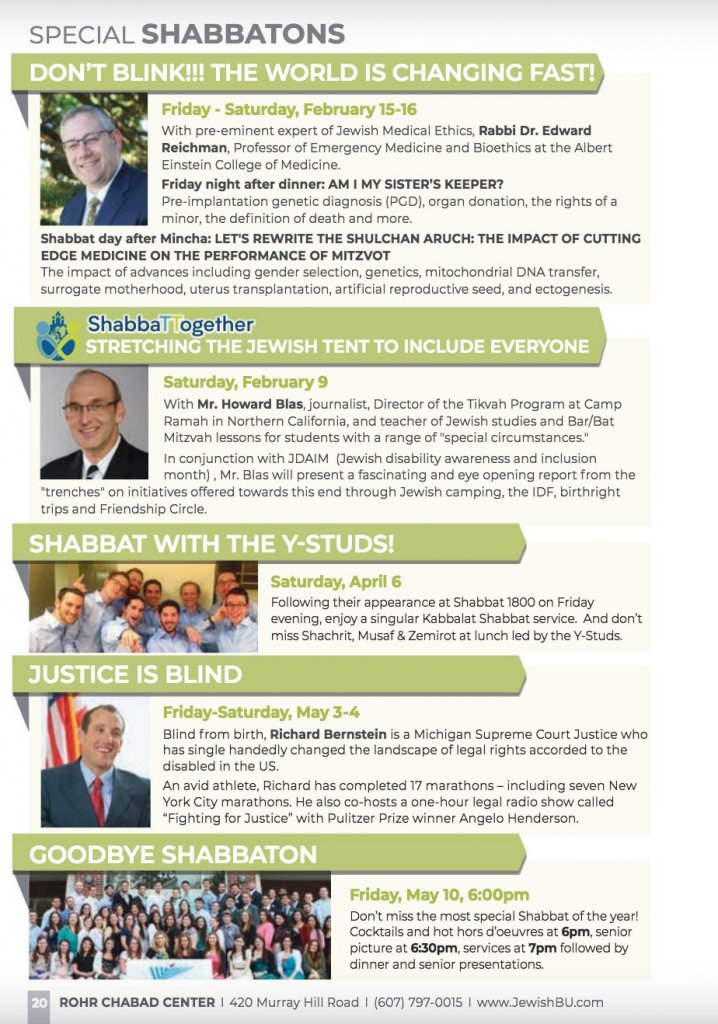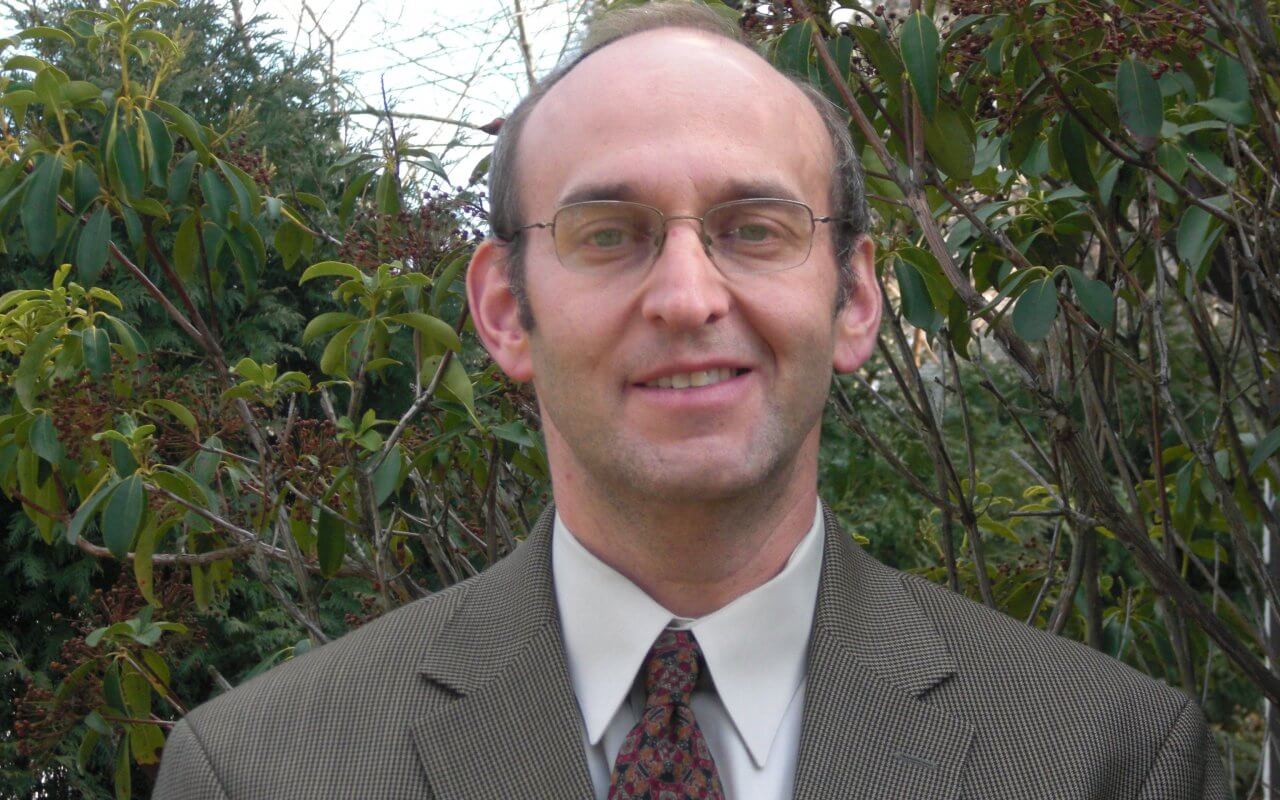Original Article in The New York Jewish Week:
Highlights of Canada’s first-ever Jewish disability conference.
The “Pushing the Boundaries: Disabilities, Inclusion and Jewish Community” conference, April 15-17th in Toronto, truly pushed the boundaries. A severe ice storm and brief power outage may have been minor inconveniences, but they were not going to stop a diverse group of 175 people from such places as Winnipeg, Calgary, Vancouver, Montreal, Minneapolis, New York and various cities and towns in Israel, from attending the first conference of its kind in Canada. The conference has been in the planning stages for three years!
The extraordinary people attending and presenting, the wide range of relevant and timely content, the excitement and enthusiasm in the main conference room, and the always supportive and nurturing feel helped make this conference very special. Attendees included people with disabilities, family members, advocates, community members, foundation representatives, professionals from schools, camps, agencies and a wide range of Jewish organizations–even a Canadian member of Parliament.
The conference, scheduled to begin on Sunday evening April 15th was delayed in starting due to extremely icy and snowy road conditions. Starting the conference Monday morning allowed for more attendees and presenters to arrive—and for the all-star tech staff to make provisions for presenters stuck in Washington, New York and beyond to join and present by video conferencing. All sessions were consolidated in to two action packed days—everyone left exhausted and happy, armed with notes, handouts and inspiring quotes to guide them in their ongoing work.
Connie Putterman, a parent, advocate and chairperson of Itanu, UJA Federation’s Inclusion Committee, introduced Monday morning’s keynote speaker, renowned disability rights activist Diane Richler, and participated on Tuesday’s advocacy panel. Attendees will always remember Putterman’s brilliant insight: “Advocacy is telling your story in a way that other people can hear you!”
Diane Richler, Joseph P. Kennedy Jr Foundation International Fellow, past chair of International Disability Alliance, a leader in the negotiation of the United Nations Convention on the Rights of Persons with Disabilities, and a member of the the Ruderman Family Foundation advisory board, delivered a talk, “Inclusion Without Limits: What Has to Change.” Richler was impressed with the Canadian Jewish community which she observed, “has made much progress in the last few years in promoting inclusion…With creative energy, we can leapfrog over the traditional ways of supporting people with disabilities and make the Canadian Jewish community a model for others.”
All conference attendees learned from panels on such topics as housing, employment, innovations from Israel (including Alut, Krembo Wings, and Israel Unlimited/JDC) and from case to cause—the power of advocacy. They also attended specialized breakout sessions, taking place throughout the very impressive campus of the Lipa Green Centre for Jewish Community Services at the UJA Federation of Greater Toronto. Topics included recreation, aging education, person-centered models, education case studies, dating and relationships, camping and creating inclusive shul communities.
Keynote speaker, Ari Ne’eman spoke on “Disability Inclusion: Where We’ve Been, Where We’re Going,” comedian and inclusion and inclusion advocate, Pamela Schuller entertained Monday evening with her routine, “What Makes Me Tic,” and Tuesday speaker, Maayan Ziv, wowed the audience in a session on innovation and inclusion. Maayan Ziv, a photographer & entrepreneur who also has muscular dystrophy, shared how she has continued to turn obstacles into opportunities. “I have accomplished what I have WITH my disability, not DESPITE it.” She has developed her Access Now app; she and her team are working to document what is accessible in the world. Two of Ziv’s insightful, inspiring quotes will surely travel home with the conference participants. “Accessibility is a mindset that can lead to inclusion;” “People are not disabled- environments are disabling.”
Attendees enjoyed the opportunity to meet colleagues and to share resources. Many extended their already long Monday day session in to night by visiting a program entitled DANI (Developing and Nurturing Independence) for a tour and dinner.
As the conference drew to a close Tuesday after lunch, and participants continued to comment on the unusual weather (it was snowing again!), many exchanged business cards, hugged new friends, and affirmed commitments to ongoing collaboration as we all continue to push boundaries even further!
Howard Blas was the director of the Tikvah Program at Camp Ramah in New England and is now director of the National Ramah Tikvah Network. Howard also serves as a teacher of Jewish studies and bar/bat mitzvah preparation to students with a range of disabilities and “special circumstances.” He holds masters’ degrees in both social work (Columbia University) and special education (Bank Street College of Education). Howard received the S’fatai Tiftakh Award from Boston Hebrew College’s Center for Jewish Special Education in 2012 and the 2013 Covenant Award for Excellence in Jewish Education. He writes regularly for many Jewish publications.








